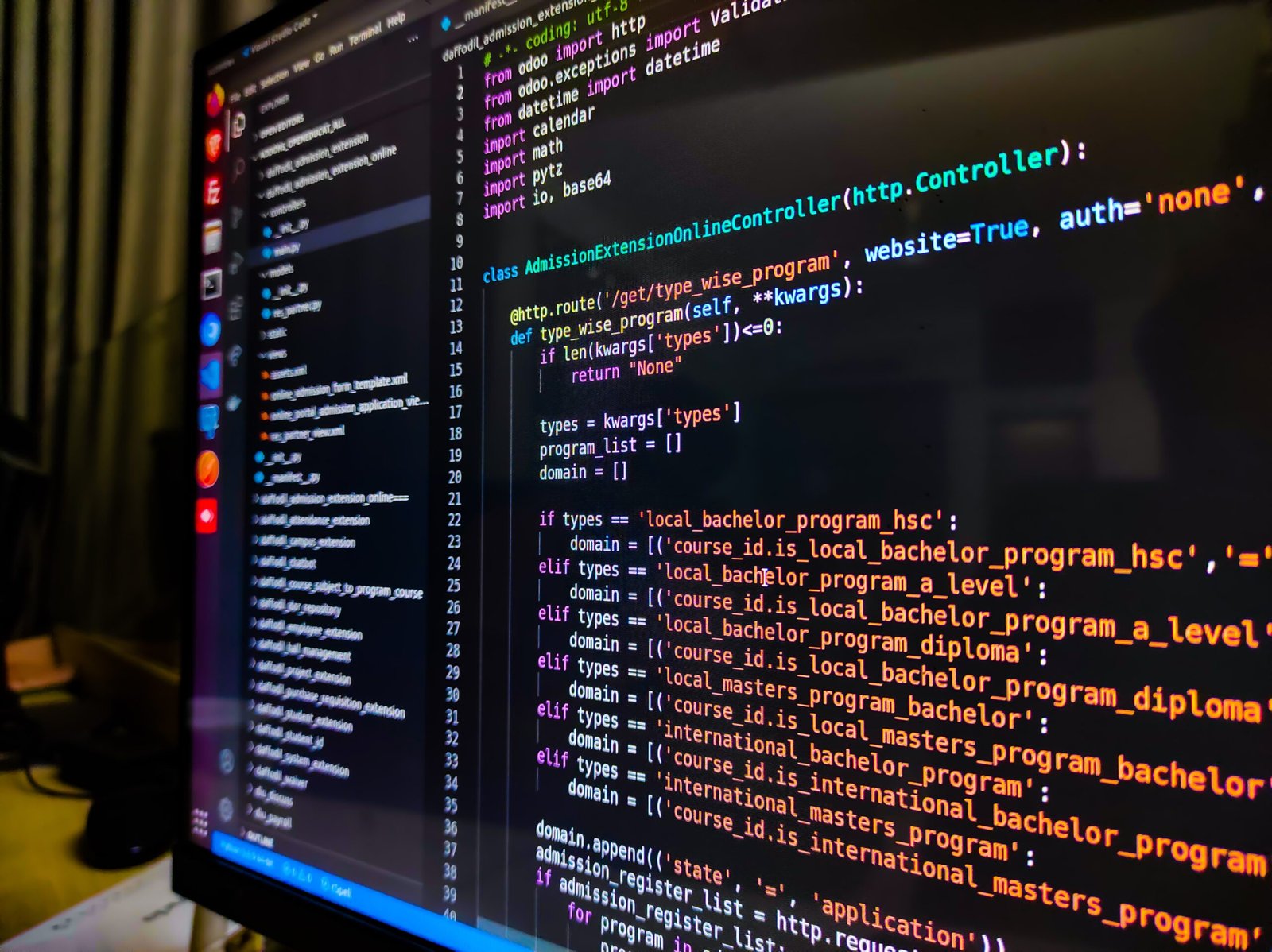Learning a programming language can be a daunting task, especially for beginners. With so many programming languages to choose from and an abundance of resources available, it’s easy to feel overwhelmed. However, with the right approach and a few helpful tips, anyone can start their journey towards becoming a proficient programmer. In this article, we will explore some valuable resources and tips to help beginners get started on their programming language learning journey.
1. Choose the Right Language
Before diving into the world of programming, it’s important to choose the right language to start with. Each programming language has its own strengths, weaknesses, and areas of application. Some popular languages for beginners include Python, JavaScript, and Ruby. Research the different languages and consider factors such as ease of learning, community support, and job prospects to make an informed decision.
2. Online Tutorials and Courses
Online tutorials and courses are a great way to learn programming languages. Websites like Codecademy, Coursera, and Udemy offer comprehensive courses for beginners. These platforms provide step-by-step guidance, interactive coding exercises, and real-world projects to help you grasp the concepts effectively. Additionally, there are many free tutorials available on YouTube and blogs that can supplement your learning.
3. Practice, Practice, Practice
Practice is key to mastering any programming language. As a beginner, it’s crucial to write code regularly to reinforce your understanding and improve your skills. Start with small projects and gradually move on to more complex ones. Participate in coding challenges and competitions to test your knowledge and learn from others. The more you practice, the more comfortable you will become with the language.
4. Join Online Communities
Joining online communities and forums dedicated to programming languages can be immensely beneficial for beginners. Platforms like Stack Overflow and Reddit have active communities where you can ask questions, seek guidance, and learn from experienced programmers. Engaging with these communities not only helps you solve problems but also exposes you to different perspectives and approaches to programming.
5. Build a Portfolio
As you gain proficiency in a programming language, it’s important to showcase your skills to potential employers or clients. Building a portfolio of projects is an excellent way to demonstrate your abilities and stand out from the crowd. Start by working on small projects and gradually expand to more complex ones. Include your projects in your resume and share them on platforms like GitHub to showcase your work.
6. Read Documentation and Source Code
Reading documentation and source code of established projects can greatly enhance your understanding of a programming language. Documentation provides valuable insights into the language’s syntax, features, and best practices. Analyzing source code helps you understand how experienced programmers structure their code and solve problems. Open-source projects on platforms like GitHub are a treasure trove of learning resources.
7. Stay Updated
The field of programming is constantly evolving, with new languages, frameworks, and tools being introduced regularly. It’s important to stay updated with the latest trends and advancements in the programming world. Follow influential programmers and industry experts on social media, subscribe to programming newsletters, and attend webinars or conferences to stay abreast of the latest developments.
8. Be Patient and Persistent
Learning a programming language takes time and effort. It’s important to be patient with yourself and not get discouraged by challenges or setbacks. Programming is a skill that improves with practice and consistent effort. Stay persistent, break complex problems into smaller tasks, and celebrate your progress along the way. Remember, even experienced programmers started as beginners.
Learning a programming language can be an exciting and rewarding journey. By choosing the right language, utilizing online resources, practicing regularly, and engaging with the programming community, beginners can lay a strong foundation for their programming career. Remember to stay patient, persistent, and always strive for continuous learning. Happy coding!
